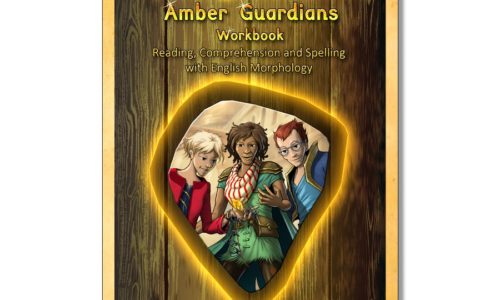
Do you have children who spell the word ‘jumped’ as ‘jumpt’, and ‘wanted’ as ‘wantid’? This is because they are listening to the sounds at the ends of words. After all, we tell them to listen to sounds when they spell. Sometimes, it is very helpful to bring a bit of morphology into the teaching […]
Read More
